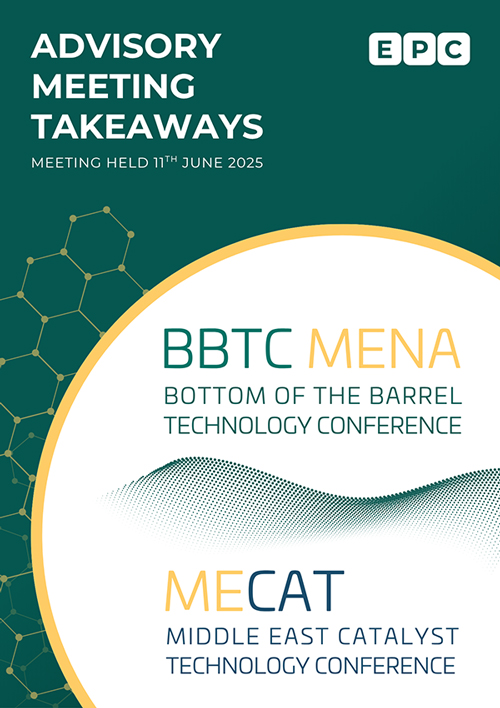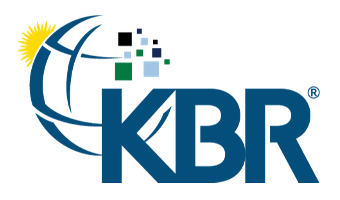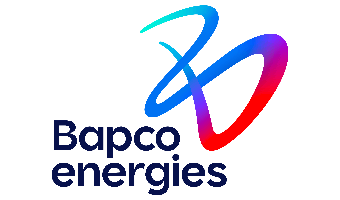2027
Location TBA
BOTTOM OF THE BARREL TECHNOLOGY CONFERENCE10–11 February 2026
Unlocking Profitability through Bottom-of-the-Barrel Innovation
In the Presence of

Welcome to BBTC MENA - Bottom of the Barrel Technology Conference
Unlocking Profitability through Bottom-of-the-Barrel Innovation
As global energy transition timelines recalibrate, bottom-of-the-barrel conversion is regaining strategic significance.
BBTC MENA, taking place in Bahrain on 10–11 February with the presence of the Bahrain Ministry of Oil and Environment, is the region’s leading technical forum focused on residue upgrading, advanced conversion routes, and cleaner product strategies. With the industry under pressure to maximise efficiency, flexibility, and value recovery from heavier fractions, this high-level event provides a platform for technology alignment, knowledge exchange, and commercial strategy development.
Join regional refiners, licensors, and solution providers as they explore next-gen process integration, feedstock innovation, and pathways to cleaner, high-value outputs — from bitumen and base oils to carbon black and petrochemical intermediates.
Key Topics
Residue Upgrading strategies
Delayed coking, visbreaking, and solvent deasphalting
Slurry hydrocracking and ebullated bed technologies
Feedstock Flexibility & Heavy Crude Processing
Adapting to opportunity crudes and unconventional feeds
Managing contaminants (e.g., metals, asphaltenes, sulfur)
Advanced Hydroprocessing
Resid hydrocracking and residue desulfurization
Hydrogen management and catalyst integration
Unit Revamp & Repurposing Strategies
Smart retrofits for performance and yield improvement
Modular upgrades with minimal capex
Integration with Petrochemical Routes
Maximising propylene, aromatics, and other high-value outputs
Conversion routes to petrochemical feedstocks
Bitumen, Base Oils & Specialty Product Production
Bitumen quality control and market adaptation
Lube basestock production from residue streams
Energy Efficiency & Emissions Reduction
Heat integration and process intensification
Carbon capture options for BoB units
RFCC Technologies, Coker Applications
Cracking a wide spectrum of feedstocks from VGO to heavy residues
Operational flexibility to switch between gasoline-, diesel-, Propylene-max modes
Optimized catalyst and regenerator design for yield and emissions balance
Advance Your Upgrading Strategy with Catalyst Innovation
This year event will take place in conjunction with ME-CAT, Middle East Catalyst Technology Conference.
ME-CAT is the Middle East’s only technical platform fully dedicated to refining and petrochemical catalyst technologies.

MIDDLE EAST CATALYST TECHNOLOGY CONFERENCE
Optimising Catalyst Performance in Refining & Petrochemical Processes
11–12 February 2026 | Bahrain
Learn More
BBTC MENA & ME–CAT 2026
Advisory Meeting Takeaways Report
Meeting held on the 11th June 2025
Highlights and key takeaways from the 90 minute discussion
Download NowBBTC MENA 2025 – A Resounding Success!
Participating Companies
Registered Delegates
Pre-arranged 1-to-1 Meetings
Speakers & Panellists
Hours of Shared Insights
In the distinguished presence of H.E. Dr. Mohamed bin Mubarak Bin Daina, Minister of Oil and Environment, Special Envoy for Climate Affairs, and with the esteemed support of Bapco Energies, BBTC MENA 2025 successfully brought together leading refining experts, industry pioneers, and technology innovators to explore the future of bottom-of-the-barrel upgrading and refining strategies.
A heartfelt thank you to our exceptional speakers, sponsors, and attendees for their invaluable contributions! Your insights, expertise, and collaborative spirit made this event truly impactful.
We extend special appreciation to BAPCO REFINING, BAPCO ENERGIES, ADNOC REFINING, ARAMCO, SATORP, SAMREF, OQ, and all our esteemed participants for enriching the agenda with forward-thinking discussions and groundbreaking innovations.
Together, we are shaping the future of refining! We look forward to continuing the conversation and driving innovation in the sector.

2025 Post-Event Report
4–5th February 2025 | BahrainA comprehensive report of all the lessons learned during the event.
Download NowVideo Testimonials
Testimonials
This was a wonderful and informative event. It captured all the relevant aspects of Bottom of the Barrel technologies, applications and case studies.
BAPCO
The conference was an incredible experience, offering valuable insights and networking opportunities. The speakers were engaging, and the sessions were highly informative. I left feeling inspired and equipped with new ideas!
ADNOC Refining
Attending the BBTC MENA Conference was a transformative experience for me. The event brought together innovative thinkers and industry leaders, providing deep insights into emerging trends and best practices. I highly recommend the BBTC MENA Conference to anyone looking to stay ahead in their industry and expand their professional network.
SINOPEC
One of the best conferences in the region that really adding value to all refineries in terms of residue upgrading and most recent technologies in the sector.
OQ8
BBTC MENA was an invaluable experience, offering deep insights into bottomof-the-barrel refining. The sessions were highly informative, covering key challenges and innovations. Networking opportunities were exceptional, connecting us with industry leaders and potential partners. This event is a must-attend for anyone looking to stay ahead in the refining sector. I look forward to next year!
GPIC - GULF PETROCHEMICAL INDUSTRIES CO.
Supported by
Contact the Organisers
+971 (0)4 421 4642 nour@europetro-me.com





















